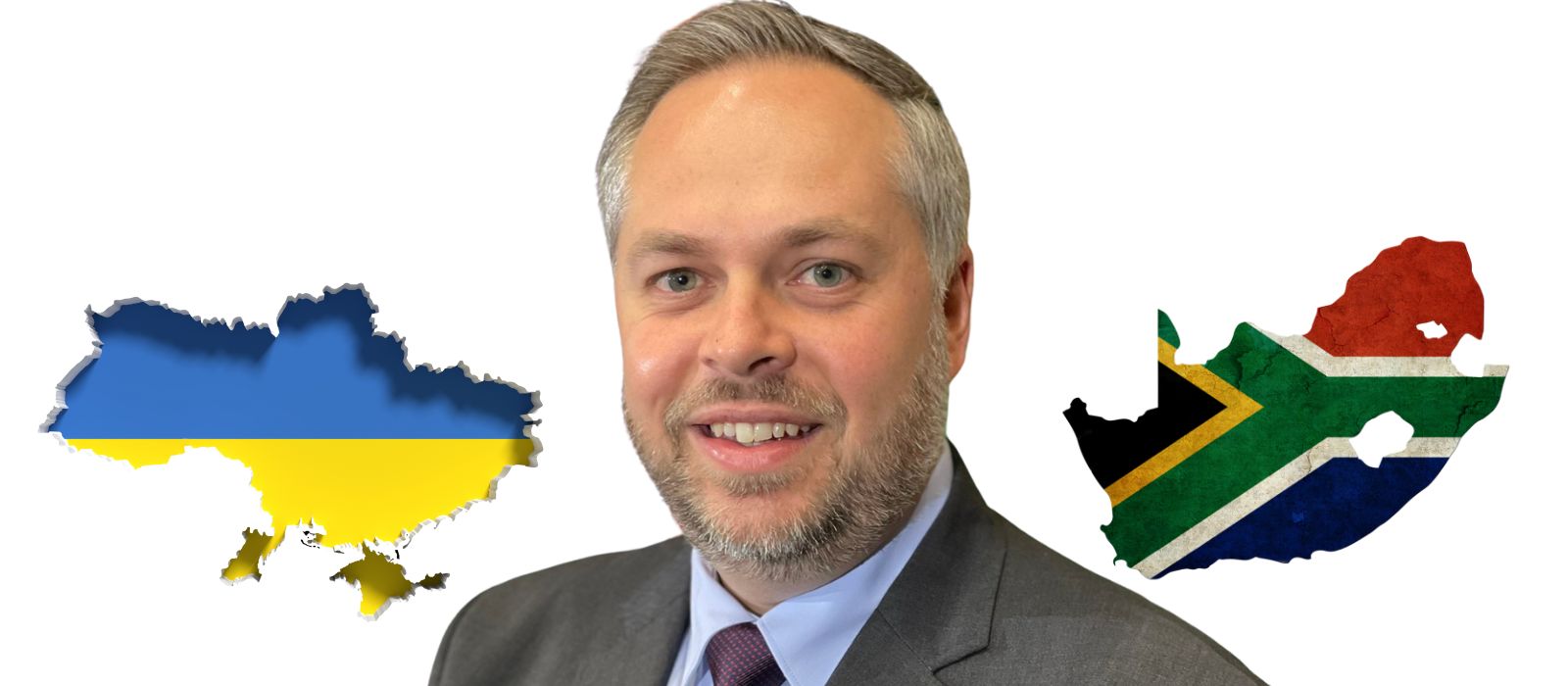
South Africa’s Home Affairs Minister, Leon Schreiber, announced on social media platform X that he had signed a historic agreement allowing visa-free access between South Africa and Ukraine for holders of diplomatic, official, and service passports. “I have signed a historic agreement granting visa-free access to our country for Ukrainian holders of diplomatic, official, and service passports—and vice versa,” Schreiber posted.
This announcement has reignited questions about South Africa’s political loyalties, recalling past controversies, such as the government’s failure to arrest Sudan’s former president, then wanted by the International Criminal Court, when he visited South Africa. The recent visa-free agreement for Ukrainian diplomats has now placed South Africa back into the spotlight, with political analysts warning it could strain South Africa’s relationship with Russia—a fellow BRICS member—given South Africa’s neutral stance in the ongoing Russia-Ukraine conflict.
The Democratic Alliance (DA), South Africa’s former opposition party and now a coalition partner to the ANC, was quick to publicize the deal, describing Ukraine as a “valued ally” to South Africa. However, President Cyril Ramaphosa’s administration criticized Schreiber for making the announcement without formal authorization. Ramaphosa’s spokesperson, Vincent Magwenya, expressed disapproval, stating, “It is unclear how the minister can announce the signature of an international agreement without prior formal authorization.”
Meanwhile, International Relations Minister Ronald Lamola clarified that the agreement is not yet finalized, saying on Monday that the deal is still under diplomatic review. “Once all the diplomatic processes have been concluded, the agreement will be signed, and we will make an official announcement,” Lamola stated.
The ANC, which lost its majority in May’s general election and formed a coalition with the DA, has diverged sharply with its partner on this matter, especially regarding the country’s ties to Russia. The tension escalated recently when President Ramaphosa referred to Russia as a “valued friend” during the BRICS summit in Kazan. Opposition parties like the Economic Freedom Fighters (EFF) and MK Party have condemned the visa deal, calling it a betrayal of South Africa’s longstanding relationship with Russia and urging Ramaphosa not to proceed with the agreement.
In response to criticism, Schreiber defended his position by arguing that Ukraine supported South Africa during the anti-apartheid struggle, but his remarks sparked further backlash on social media.




